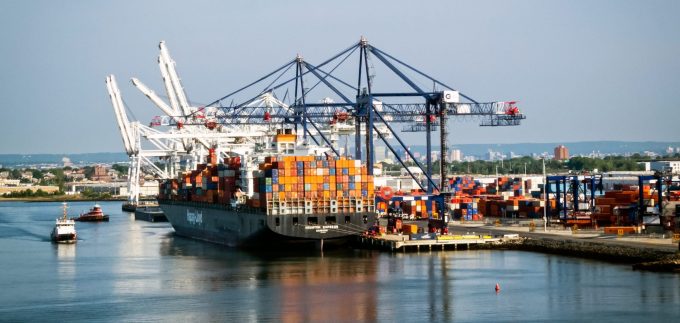New FMC rules on detention and demurrage come into force
The US Federal Maritime Commission (FMC) revision to detention and demurrage (D&D) rules came into ...

Shippers in the US may soon be able to claim compensation for the storage of empty shipping containers that also accrue detention and demurrage (D&D) charges.
These are imposed by carriers on customers unable to return empty containers before a certain deadline.
Federal Maritime Commission (FMC) chairman ...

Comment on this article